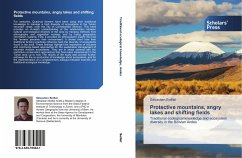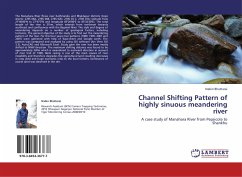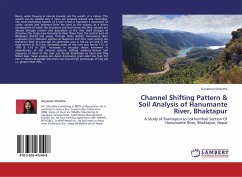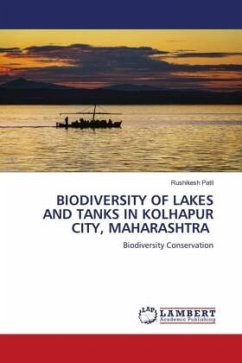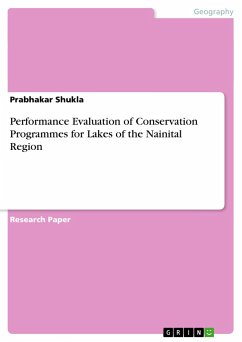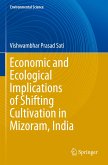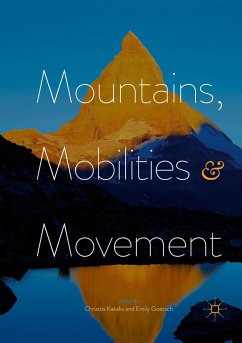For centuries, Quechua farmers have been using their traditional knowledge to manage a high diversity of ecosystems in the Tunari mountain range, near the city of Cochabamba (Bolivia). This book provides an in-depth understanding of the relationships between cultural and biological diversity in the area by merging methods from ethnography and vegetation ecology, and by using geographic information systems. First, it provides an ethnographic insight into how the farmers perceive their environment. It shows then how their traditional farming practices influence back the diversity of ecosystems found in the area. These findings highlight the importance of inclusive and community-based approaches for the sustainable management of mountain Andean ecosystems. They are in sharp contrast with the restrictive conservation approaches that have been implemented in the Tunari area up to now. The results of the study also provide further pathways for the co-production of knowledge about ecosystems, and for the implementation of a complementary dialogue between scientific and traditional ecological knowledge.
Hinweis: Dieser Artikel kann nur an eine deutsche Lieferadresse ausgeliefert werden.
Hinweis: Dieser Artikel kann nur an eine deutsche Lieferadresse ausgeliefert werden.

